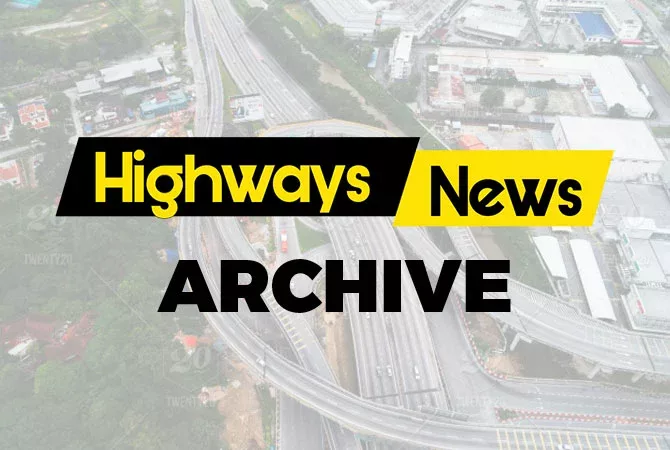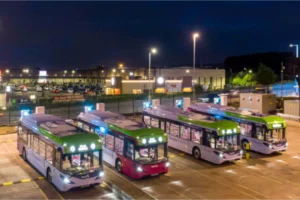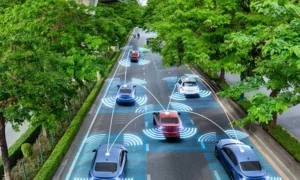Local authorities are going to completely rewrite how they deliver transport in the future, thanks to the changes forced upon them by the pandemic.
This was the key highlight from the latest ITS (UK) webinar, where a panel made up of experts from local highways authorities discussed the challenges surrounding everything from changes to revenue generation caused by a reduction in such things as parking, and park and ride usage and how to manage roadspace where walking and cycling needs to be accommodated alongside a potential increase in the number of car journeys, albeit possibly only in the short term.
Darren Capes, ITS Policy Lead, Department for Transport who was formerly Transport Systems Manager, City of York Council explained the challenges to funding that authorities are now facing. “Most cities now are supported by income from service delivery, parking or Park and Ride,” he said. “So while [capital funding] is probably secure. York has a has a has a parking service that supports a lot of services that councils provide.”
Liz Burr, Traffic Manager at Essex Highways explained that longer term projects are now a short term necessity adding, “For a long time, we’ve been looking at things like pedestrian crossings and traffic signals and how we actually make those really responsive to the traffic and the dynamic flows. And suddenly we haven’t really got dynamic flows of traffic. And of course, a lot of our technology has relied on the public, for instance, pressing a button when they get to a crossing. We’re thinking at the moment about can we actually do away with the need for a pedestrian to press the button? Can we make those crossings more dynamic so that we don’t get crowding around the footways? So it’s almost unpicking some of that technology that we’ve put in and rethinking it.”
The panel also discuss sharing information both with other authorities and internally so that everyone is informed about transport levels, and how to make the most of technology they already have. They also add that it is vital to make the most of the crisis wherever possible.
“Whatever we do, we have to somehow hopefully build the community back stronger,” said Llewelyn Morgan, Head of Innovation at Oxfordshire County Council. “I really think that sometimes if you went and asked people and said, do you want to make my town centre better or build a road through that means you get to work one minute quicker, I think I know what they’ll say. They want a better place where they live – they can put up with an extra minute on the journey. Our priorities are wrong. And I feel ITS comes into that. Because we quite often provide the data to inform the decisions on where things can go and where maybe we don’t need to invest.”
The conversation has raised a number of interesting points about Local Authorities sharing challenges, experiences and best practice to deal with the multitude of issues as quickly as possible. ITS (UK) will therefore run a series of live webinars where local authorities, consultants and suppliers can meet to discuss the best solutions.
To watch the webinar, please click here:





















